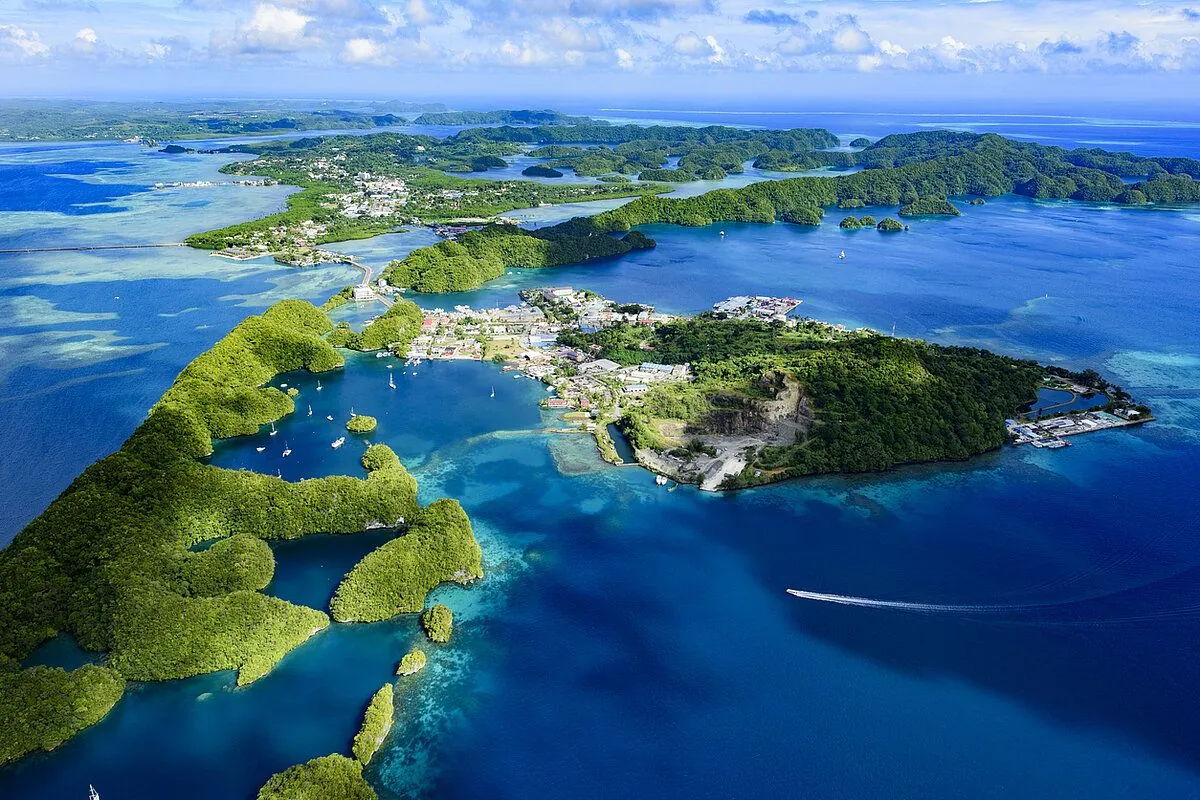World Bank Unveils $68M Lifeline for Pacific Islands' Financial Access
World Bank approves $68 million program to safeguard Pacific Island nations' access to global financial system. Initiative aims to prevent disruption of crucial economic flows and foster long-term financial stability in the region.

The World Bank has taken a significant step to address the financial challenges faced by Pacific Island nations. On September 5, 2024, the institution's board approved a $68 million program aimed at preserving these countries' access to the international financial system. This initiative is crucial for maintaining the flow of tourism, trade, and aid that underpins their economies.
Ajay Banga, the World Bank's President, announced this development during a historic visit to Suva, Fiji. It marks the first time in 50 years that a World Bank chief has visited the country, underscoring the importance of the issue. Banga met with leaders from Tonga, Fiji, Nauru, Marshall Islands, and the Federated States of Micronesia to discuss the program's implementation.
The funding package allocates $9 million to each of eight Pacific Island countries. This money will establish a service to maintain cross-border transactions if a country loses its last international banking relationship. This is particularly critical for nations like Nauru and the Marshall Islands, which face the imminent departure of their final international banks.
"We have banks leaving some of our smaller Pacific countries because we are too small and unprofitable."
The importance of this initiative cannot be overstated. In many Pacific Island countries, remittances from overseas workers contribute over 40% of the gross domestic product. These financial flows, along with trade, tourism, and disaster relief, would be at risk if cross-border transactions were halted.
Baron Waqa, Secretary-General of the Pacific Islands Forum, highlighted the severity of the "de-banking" issue. Between 2011 and 2022, the region lost 60% of its correspondent banking relationships, where Western banks hold deposits on behalf of local ones to facilitate international currency payments.

The World Bank's program aims to address this challenge by initially subsidizing the cost of providing correspondent banking services. However, Banga emphasized the need to move beyond subsidies to create a sustainable business model. He urged Pacific Island nations to work together, stating, "Together you have scale, separately it will be a problem."
In addition to maintaining financial access, the program will assist countries in complying with international financial standards, including anti-money laundering regulations. This compliance is crucial, as it has been a factor in the exodus of risk-averse Western banks from the region.
Looking ahead, the World Bank envisions this funding as a step towards creating a long-term market solution for the island states. The goal is to aggregate payments across small countries, leveraging their collective scale to attract and retain banking services.
The Pacific Islands Forum, the region's diplomatic bloc, will administer the program. Commercial banks will be invited to bid on running the emergency facility, ensuring a competitive and efficient implementation process.
As the Pacific region grapples with unique challenges, including climate change vulnerability and geographic isolation, this financial lifeline represents a critical support mechanism. By safeguarding access to the global financial system, the World Bank's initiative aims to foster economic stability and growth in these small but resilient island nations.


































